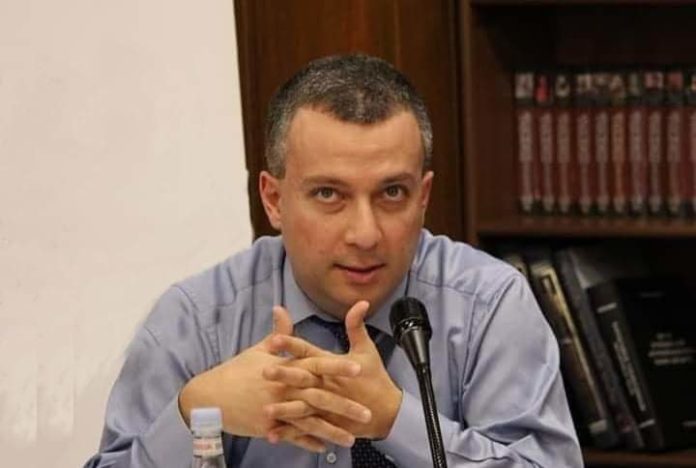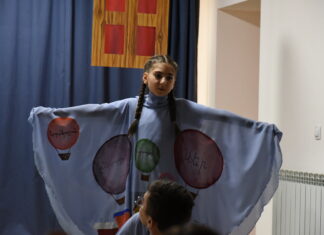Since 2020, the South Caucasus has entered an active era of turbulence. The primary reason was the Azerbaijani decision to use military force to “solve the Nagorno-Karabakh conflict.” Azerbaijan started the 2020 Nagorno-Karabakh war, launched incursions into Armenia proper in May, November 2021, and September 2022, and imposed a blockade on Nagorno-Karabakh in December 2022. The culmination of this strategy was the September 2023 military attack against Nagorno-Karabakh, which resulted in the forced displacement of around 105,000 Armenians and the dissolution of the self-proclaimed Nagorno Karabakh Republic.
Even after the complete takeover of Nagorno-Karabakh, Azerbaijan continues its policy of threats and pressure towards Armenia with an ever-changing shopping list of demands. Baku supports the concept of so-called “Western Azerbaijan” at the highest level. It expects an extraterritorial corridor from Armenia. It states that it will not pull away its troops from occupied Armenian territories, rejects Armenia’s offer to sign a non-aggression pact and continues to demand changes in the Armenian constitution and other laws.
The president of Azerbaijan publicly stated that international law does not work, and that hard power and use of military means are becoming the only way for states to achieve their goals. Immediately after his victory in the February 7, 2024 snap presidential elections, President Ilham Aliyev visited the Air Force military facilities and watched the flyover of the Akinci unmanned combat aerial vehicle, with a range of 7,500 km. and 5.5+ tons maximum takeoff weight, of which over 1,350 kg. is the payload.
The 2020 Nagorno Karabakh war was a clear violation of one of the three principles agreed upon by Organization for Security and Cooperation in Europe (OSCE) Minsk Group co-chairs during more than two decades of negotiations – to not use force or the threat of force. The September 2022 incursion into Armenia was against the spirit of negotiations at the Brussels format, and the September 2023 attack against Nagorno Karabakh was a clear violation of EU and US public demands not to use force against Nagorno Karabakh. However, neither of the latter act on their public warning of repercussions to punish Azerbaijan for these violations. Rather, President of the European Council Charles Michel congratulated President Aliyev for his victory during the February 7 snap elections, thereby sending a message that the EU “has forgotten or forgiven” Azerbaijani behavior and is ready to continue the strategic partnership with the country.
After the 2020 Nagorno Karabakh war, the Armenian government’s strategy was based on the logic of “not irritating Azerbaijan to avoid providing any justification for further Azerbaijani attacks.” Thus, the Armenian government continued negotiations with Azerbaijan after the May and November 2021 incursions into Armenia. In April 2022, Armenia stated it was ready to accept Nagorno-Karabakh’s autonomous status within Azerbaijan. After the September 2022 aggression, Armenia recognized Nagorno-Karabakh as part of Azerbaijan, dropping demands for any autonomy.
Armenia agreed to continue negotiations during the Nagorno-Karabakh blockade in the first half of 2023. It stated that it was ready to sign a peace agreement with Azerbaijan by the end of 2023 without any mention of Nagorno-Karabakh, thus agreeing not to challenge the military takeover of Nagorno-Karabakh and forced displacement of all Armenians. When Azerbaijan canceled its participation in Western platforms of negotiations after September 2023 and offered to start bilateral negotiations, Armenia again agreed. As Azerbaijan suggested signing only a framework agreement dropping out issues related to border delimitation and demarcation and restoration of communications, Armenia said yes, too.








